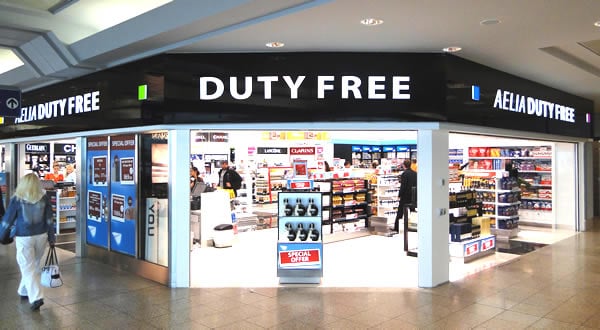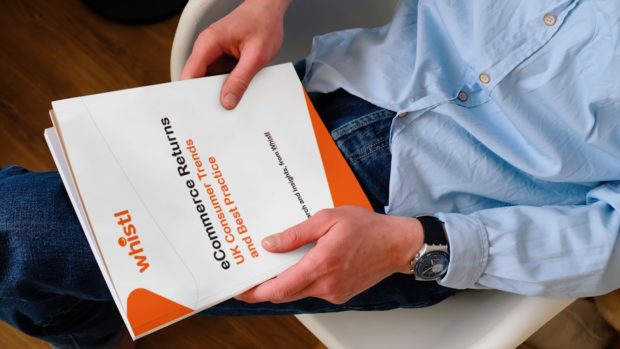
Nearly three-quarters of subscription users (72 per cent) say there are “too many” subscription services available. To address the issue, 78 per cent would like a single platform to manage all of their subscriptions (TV, Music, Gaming, Fitness, etc). Despite feeling overloaded with options, 63 per cent of subscribers say they would pay for more subscriptions if they came as part of a centralised ‘superbundle’.
That’s according to a new research study from Bango. Based on data from 2,500 consumers currently paying for subscription services.
According to the survey, the average subscriber pays for five different subscriptions each month, while one in five (19 per cent) pay for eight or more. These services don’t just include video streaming, but also span gaming, music, fitness, meal kits and more.
Nearly half of subscribers (45 per cent) say they find it hard to keep track of where and how they signed up to these subscriptions. A third (35 per cent) have no idea how much they spend in total each month, while 34 per cent say they currently pay for a subscription service that they ‘never use’.
This is not only costing subscribers money. It’s also impacting their experiences and attitudes towards the subscription economy as a whole.
While many subscribers are frustrated that they can’t access all the content they want in one place, Bango’s research also highlights a wider frustration with managing multiple services, accessing accounts, and paying bills.
The top frustrations listed by subscribers include:
- Managing and updating personal details (48 per cent)
- Accessing accounts across multiple devices (47 per cent)
- Paying bills (43 per cent)
- Cancelling subscriptions (43 per cent)
- Renewing contracts and subscription (42 per cent)
Faced with these challenges, many consumers are avoiding the admin involved in subscriptions altogether, with 39 per cent of those surveyed turning to online piracy to get the user experience they want.
Despite the claim that there are ‘too many’ subscription services, Bango’s study argues that consumers don’t want less choice, they simply want a better, more joined-up experience.
According to the data, more than three-quarters of subscribers (78 per cent) want one single platform to manage all of their subscriptions. 77 per cent also want to be able to pay for multiple subscriptions (spanning TV, music, gaming and more) via one monthly bill. 79 per cent also believe that having all of their subscriptions in one place would help them manage their household expenses in the face of the cost of living crisis.
As Anil Malhotra, Co-founder at Bango explains, “Subscription users don’t want less choice, they want less admin. They’re tired of managing multiple services, multiple accounts and paying multiple bills. What’s needed is not fewer subscription services, it’s a way to bundle all those subscriptions together. We need to focus on creating all-in-one solutions that give users the best prices, provide flexibility over bills, and that put subscribers first.”
When it comes to building this solution, Bango believes that a new ‘Offers on Demand’ technology is the answer. This technology operates as an ecosystem of subscription offers and deals spanning Netflix, ESPN, Prime, YouTube, Peloton, Audible, Dropbox, Xbox and more.
‘Superbundles’ such as Australia’s SubHub are already using Offers on Demand technology, while American players like Verizon +play are also linking up services to create differentiated offers and bundles.
Describing Bango Resale – Bango’s own Offers on Demand technology – Anil Malhotra said, “We like to think of Bango Resale as a ‘digital vending machine’ stocked full of every subscription offer imaginable. Telcos, TV providers and any other large business can plug the machine in, stock it with the subscriptions their customers want and then offer the best combos and deals as part of a standard monthly bill.”








Share